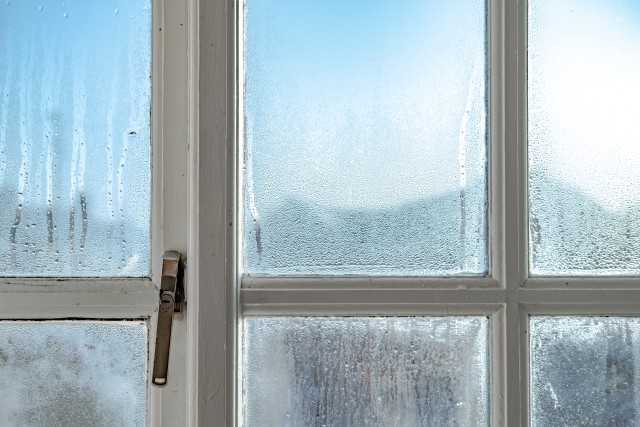Keeping your home free from mould and condensation can be a challenge, especially during the cold and rainy winter months. But there are steps you can take to prevent mould growth without having to open your windows. In this article, we'll explore a window fitter's expert tips for maintaining a well-ventilated home and avoiding mould-related health issues. Plus, we'll discuss your rights as a tenant if you're dealing with mould in a rental property.
The Importance of Ventilation
Having a well-ventilated home is crucial for preventing mould growth and maintaining good indoor air quality. While opening your windows may not always be an option during the winter, there is another solution. Sean Mac Anbhaird, a managing director at Core Sash Windows, suggests using trickle vents to ensure continuous air circulation. Trickle vents are small openings above windows that allow controlled ventilation, expelling condensation and preventing mould growth. Even during colder months, periodically opening your trickle vents can help maintain humidity levels and keep your home mould-free.
Installing Trickle Vents
If your windows don't have trickle vents, don't worry. They can still be added to your existing windows. However, it's recommended to hire a professional for the installation process to avoid any costly damage to your window frames. While the average cost of installing a new window is around £90, investing in trickle vents can be a worthwhile expense to prevent mould formation in your home.
Hacks for Tackling Mould
In addition to proper ventilation, there are other hacks you can try to tackle mould in your home. Dehumidifiers are a popular option for preventing condensation. Placing salt in a bowl can also help absorb excess moisture and inhibit mould growth. Check out our full list of mould prevention hacks and see which ones work best for you.
Know Your Rights as a Renter
If you're renting your home and dealing with mould issues, it's essential to know your rights. According to the government, landlords are responsible for maintaining a safe and habitable living environment. This includes addressing dampness and mould problems. If your landlord refuses to carry out necessary repairs, you may be entitled to compensation or rent reduction. It's important to document any agreements or disputes in writing and, if necessary, take legal action to protect your rights.
By following these tips and understanding your rights, you can keep your home mould-free and ensure a healthy living environment for you and your family.
Did you miss our previous article…
https://hellofaread.com/money/revolution-bars-group-to-shut-eight-sites-amid-cost-of-living-crisis/








